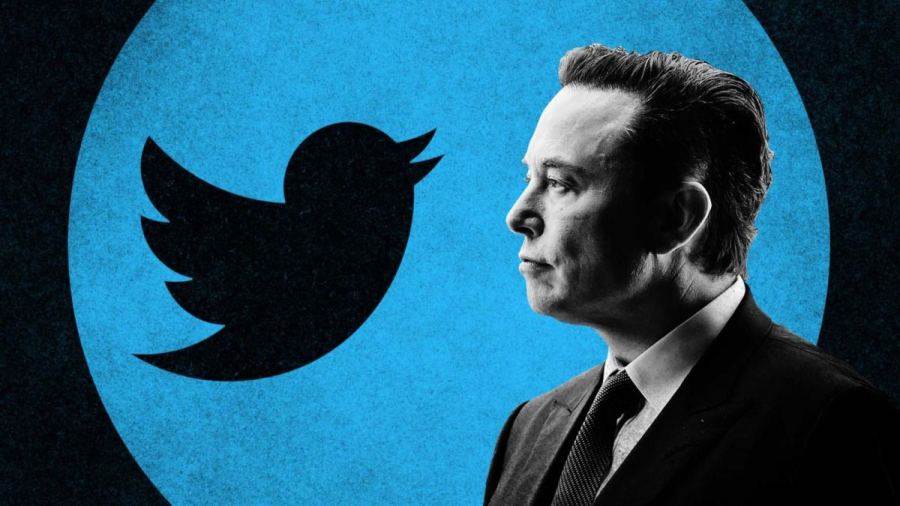How Elon Musk’s purchase of Twitter might affect students
Musk’s potential purchase of Twitter stands to impact student user experience. (Image sourced from Shack News)
June 9, 2022
On April 23, social media giant Twitter agreed to a deal proposed by billionaire entrepreneur Elon Musk. Musk had offered a few weeks earlier to buy the company for around 43 billion dollars, promising adherence to the concept that “[f]ree speech is the bedrock of a functioning democracy.” This would be a reversal of Twitter’s prior bias guidelines when it comes to controlling speech on its app. While the proposed deal would affect many people, it’s essential to examine how it would affect our community.
For Deep Run students who use Twitter, there would be lots of changes to how they interact with the platform. The students would have more freedom; Musk has pledged to allow all speech, only excluding statements that break the law and/or put others in danger.
In a recent Twitter thread, Musk expressed concerns about Twitter’s algorithmic “manipulation,” instructing users on an easy way to remove reliance on Twitter’s algorithm. The Twitter algorithm alters users’ timelines based on their prior activity, creating an endless philosophical echo chamber. From his statements, one can infer that Musk will most likely abolish the algorithm altogether in an attempt to reduce artificial polarization.
This would potentially be helpful in establishing and maintaining a healthier social climate at Deep Run, as the political polarization at our school, which is partly a product of social media, has divided and radicalized many in our school community, similar to many other places around the globe.
Musk also plans to work hard to remove bot and spam accounts from the platform in an attempt to make the user experience higher quality. Many Twitter users have complained over time about the number and density of bot and spam accounts. According to a tweet from Musk on May 13, his “team will do a random sample of 100 followers of [Twitter]” in an attempt to validate Twitter’s public claim that spam and bot accounts make up less than five percent of users. Musk’s planned attempt to thwart bot and spam accounts would most likely help improve students’ experience and attitudes relating to social media, considering the significant annoyance of those accounts.
If Musk’s purchase of Twitter goes through, Deep Run students and users at large could anticipate an experience that is freer, more seamless, and less artificially polarized.

